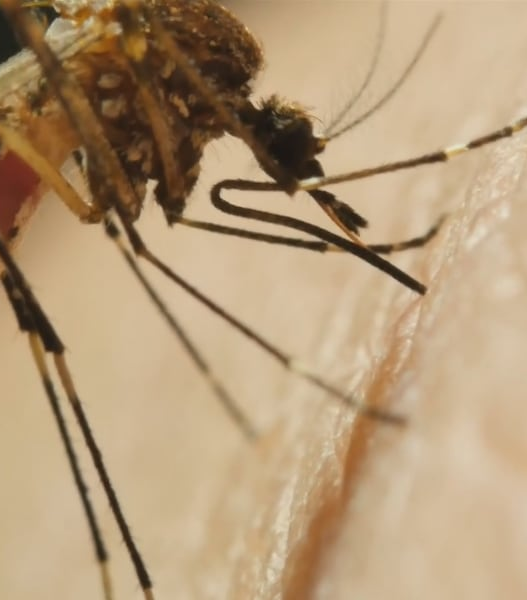Talk about the mist on the mist.
In addition to the short life, the extinction of the taste and the filling of the black sticky chunks of the lungs, Vaping can also affect the development of fetal skulls.
Amazing new research Even without nicotine, it indicates that uterine exposure can change fetal development, especially skulls on two main components of e -cigarettes.
The researchers have been exposed to the combination of two liquids used to make the pregnancy mouse with Vaping’s throat hits and smoke feathers. Their offspring has a low weight weight, a skull shortened, and a narrow face feature.
“(Vaping) There is no nicotine and still affects the development of the skull in our model. James CrayProfessor of anatomy at Ohio State University Medical School.
The researchers were shocked by these results. In particular, e -cigarettes have long been promoted as a safe alternative to traditional tobacco and other tobacco products.
E -cigarettes generally have less chemicals and toxins than tobacco. As a result, many people believe that they are less than cigarette smoking.
CRAY and his team have studied the relationship between uterine exposure to nicotine and head and face development. 2020They found that nicotine exposure through breast milk caused a skull flaw in mice.
According to Mayo ClinicNicotine can cause permanent damage to the brain and other organs of developed fetuses. It may also be link Smoking, heritage, pre -birth, low weight weight, lung drugs and sudden infant death syndrome (SIDS) increases.
In this latest study, the pregnancy mouse was exposed to a substance that acts as a carrier of filtered air or two moisture, propylene glycol and glycerol, and a carrier of other electronic tobacco components.
The researchers used a combination of 50/50 ratio and 30% propylene glycol and 70% glycerol.
CRAY pointed out that since propylene glycol can amplify nicotine intake, many VAPE companies have shifted from high proportions to more glycerols to more safer alternatives.
During the three -week pregnancy, the female mouse was exposed to three conditions at a speed of one puff five days a week and a pump per minute four hours a day.
Compared to the mouse exposed to free air and the mice exposed to the 50/50 formula, the descendants of the mouse exposed to the 30/70 mixture showed a statistically significant decrease in skull width and height.
“What we see is a consistent narrowing of all facial features, and there are things like we’re going back to the skull, so worldwide they are narrower and a bit shorter, so we can see the observations that can be seen on children.
“We also saw a slight weight loss. These animals were within the normal range of the animals of the age, but the weight was still reduced.”
This discovery published in the journal plos oneIn the two gender, it was consistent and was observed in several mice.
“The 50/50 mixture was not a dramatic statistical change, where we were looking for a difference, and we thought more propylene glycol would have more effective effects, and I thought it was the opposite.
Meanwhile, Vaping is increasingly popular among young people.
Disease Control and Prevention Center Sayed People aged 18 and 24 are more likely to use e -cigarettes among all adults, and Zers and Millennials, 18-44 years old, are more likely to be a double user of electronic cigarettes and tobacco than adults aged 45 or older.
“Most users are young adults and teenagers, so we’re talking about those who have grown, and as the head develops in the early stages of development, people use these products and even do not realize that they are pregnant.
“This is a small study that says that Vaping without nicotine is not safe,” he added. “And we are probably a sign that we must study products that are as nicotine as much as researching products containing nicotine.”
that American Heart Association The rise of young people using VAPES is called a “serious public health threat.” Most still have a “very addictive” nicotine, especially in the brain development.
The steam can also contain not only lung disease, but also chemical diaets related to nickel, tin and lead.
Recent research is associated with the possibility of brain problems, such as long -term failure, heart disease and dementia.







































